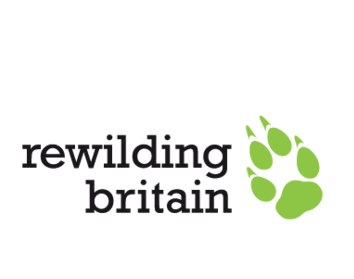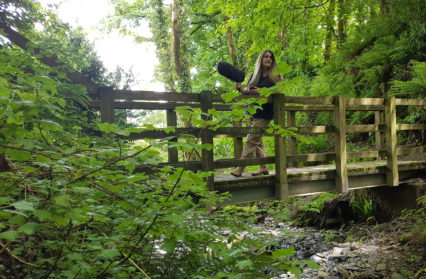A new study by Rewilding Britain has found that Britain’s climate zones are shifting by up to five kilometres per year due to climate change.
Research from Rewilding Britain has suggested that rising temperatures are causing a shift in our climate zones which will have potentially catastrophic impacts for wildlife.
Climate zones are characterised by the temperature, humidity, precipitation and seasons of a geographically area. These factors are responsible for determining the types and distribution of species and habitats that are found in the area. Such areas shift naturally, but it is being increasingly recognised by the scientific community that human-driven climate hearing is causing this process to occur much more rapidly and with more severe consequences for biodiversity.
The shift estimated in Britain’s climate zones in part of a pattern experienced across the northern hemisphere of moving northwards and upwards in elevation at an unprecedented rate. For animals and plants, surviving such rapid change will depend on their ability to move to more hospitable environments. Those that can’t move across land and sea at a similar rate as their climate zone are likely to decline and face increased risk of extinction.
Although Britain should be teeming with wildlife, populations of species – from songbirds to insects to plankton – are collapsing, with some 56 percent in decline and 15 percent threatened with extinction.

“Nature is our life support system and it’s at risk. We urgently need to kick-start a new era of rewilding and nature restoration to match the growing tsunami of climate heating and species extinction,” said Rebecca Wrigley, Rewilding Britain’s Chief Executive.
“We can only thrive if nature thrives, so we need to think big and act wild, with radical change in how we manage land and sea to halt and reverse biodiversity declines, and tackle climate breakdown.”
And so, Rewilding Britain is calling for the creation of core rewilding areas across at least 5% of Britain, with a rich mosaic of nature-friendly land and marine uses across another 25% of the country. This plan of action is based on Rewilding Britain’s findings that a massive increase in restoring and connecting species-rich habitats across at least 30 percent of Britain’s land and sea by 2030 could help save a fifth of species from climate-driven habitat loss, decline or extinction.
Britain’s network of often-degraded protected areas is also too small and fragmented to offer enough habitat for most species to move to, and may end up being no longer in the climate zones for most species they are intended to protect. Connectivity to help species move their range is also threatened by intensification of activities such as farming, forestry and fishing.
Rewilding Britain’s proposal for a network of core rewilding areas across five percent of Britain would restore as many natural processes, habitats and related species as possible – with a mix of native forest, peat bogs, moorlands, heaths, grasslands, wetlands, saltmarshes, kelp beds, seagrass and living reefs, and without loss of productive farmland.

These rewilding areas should be embedded in nature-enhancing landscapes across at least another quarter of Britain’s land and sea – with activities such as low-impact mixed forestry, natural product harvesting and nature-based tourism, and with the Government providing financial incentives for wildlife-friendly and regenerative farming, including through its Environmental Land Management Scheme for England and similar schemes in Scotland and Wales.
Such landscapes would act as ‘natural dispersal corridors’, allowing species to move as the climate heats. They would also soak up atmospheric carbon. Rewilding Britain’s previous research has shown how extensive rewilding could reduce the UK’s annual greenhouse gas emissions by at least 10 percent.
In order to get the ball rolling on this new initiative, Rewilding Britain will launch the Rewilding Network next month to support a movement of locally led rewilding action. This network will be based through a decentralised hub bringing together and offering advice to thousands of people who are considering or already in the process of rewilding.
For more information and to get involved, visit Rewilding Britain.













